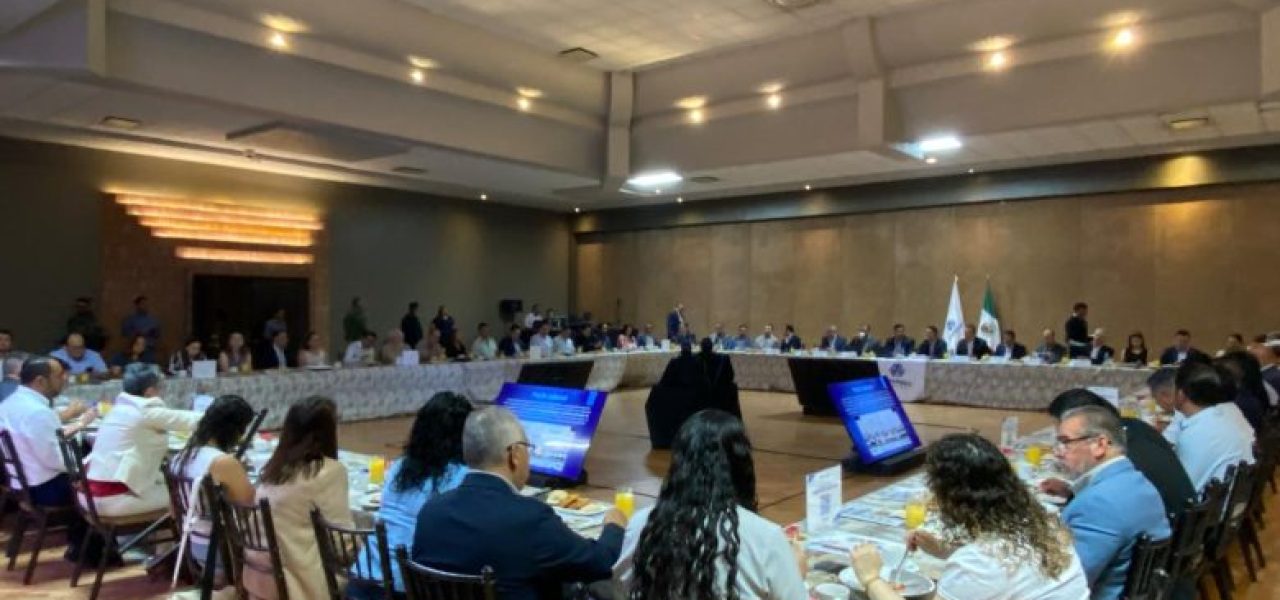The transformation of the labor arena in Mexico demands that companies go beyond formal compliance with the law and adopt a proactive culture of prevention, warned Enrique García Conde, partner at the De la Vega, Martínez Rojas Law Firm, and one of the country’s most renowned specialists in union and collective bargaining law.
During his participation in a meeting with businessmen belonging to Coparmex [Employers’ Confederation of the Mexican Republic] Coahuila Sureste, García Conde, who has advised Firms such as Aeroméxico, Volkswagen, and Grupo Industrial Saltillo, maintained that the rules of the labor game have changed radically and that judges today not only demand proof, but concrete evidence of internal policies of neutrality, union freedom and effective compliance.
“It is no longer enough to deny. Today, a labor judge demands proof of the compliance protocols that you have, of the way in which you trained your executives and whether your policies on gender, harassment or union freedom are documented and active. If you don’t have them, it is considered as an omission”, the lawyer explained.
One of the central points that was addressed was the entry into force of the so-called Chair Law which, although underestimated by many, is part of a package of labor reforms that are already generating debates over their universal application and their impact on sectors such as commerce and manufacturing.
“The Chair Law has entered into force. Even though there will be no immediate inspections, companies must get ready. It is not only about providing chairs: there will be technical criteria established by the Department of Labor on breaks, ergonomics and risk factors. This type of laws arise from the omission of many plants that, incredibly, still keep workers on their feet for eight hours with no breaks”, he pointed out.
Additionally, García Conde warned that federal labor courts are redefining collective bargaining rules, in face of a still ambiguous regulatory framework, which has given room for judges for “legislating from the ruling”. This forces companies, even those with no unions, to document their internal protocols in order to prevent disputes or suits from new unions seeking representation.
“The first thing that judges ask now is whether you have a letter of neutrality, whether you train your people on freedom of association. And if you don’t have or do any of this, the company is rendered defenseless. Prevention is no longer optional; it is mandatory”, he explained.
Enrique García Conde, member of international networks such as L&E Global and Aria Monterrey, also warned about the emergence of new regulatory issues, such as temperature in manufacturing plants, rest conditions, and a growing environment in which inspections and litigation are more frequent and complex.
“Formerly, things didn’t change. We now wake up every day with a new labor reform. Anyone who isn’t prepared is exposed to very serious legal and economic risks”, he concluded.



